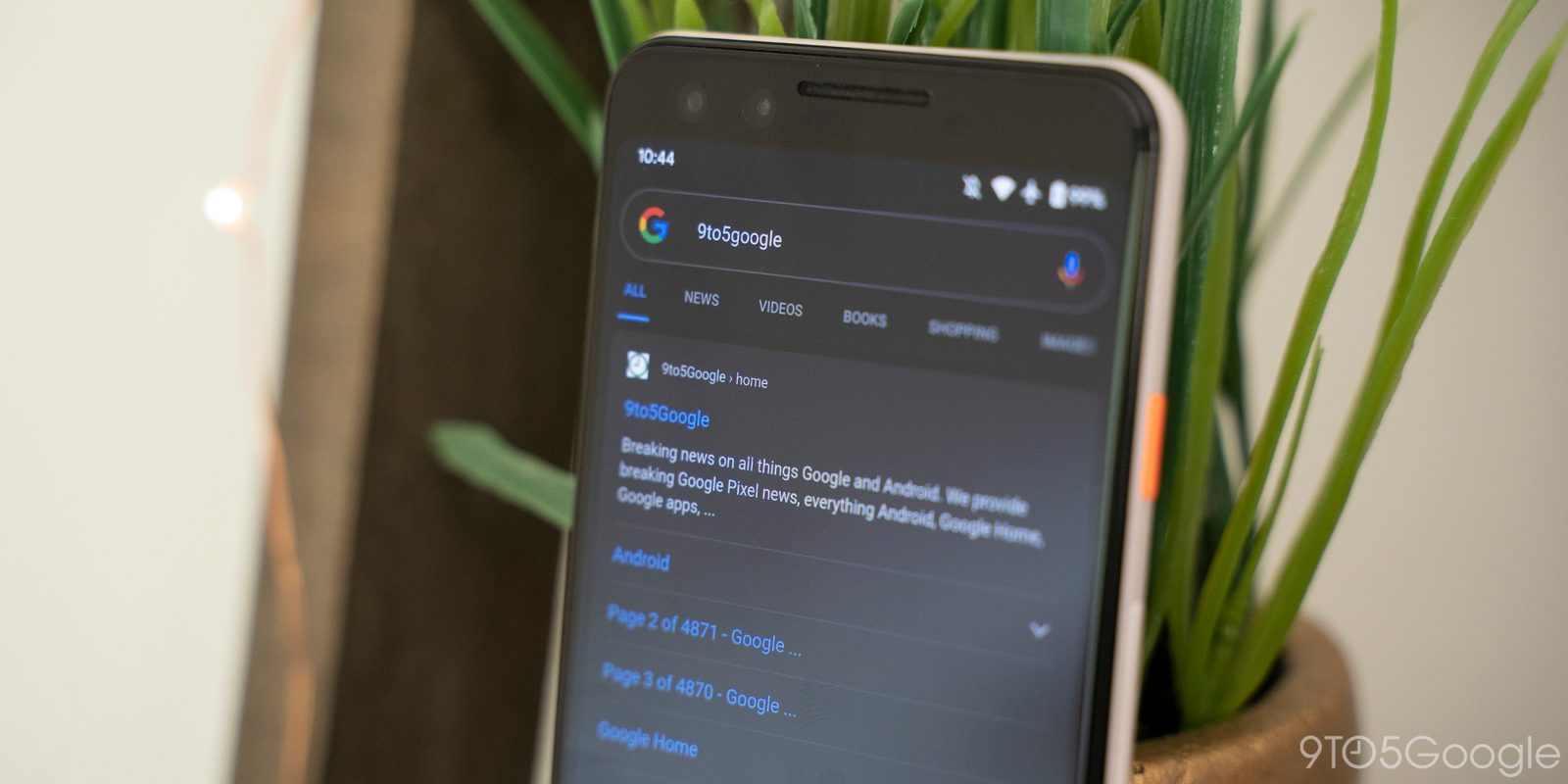
Google frequently updates and tweaks Search algorithms to improve the accuracy of results. The latest change is focused on improving Google’s local search results by leveraging an AI-based system known as neural matching.
In 2018, Google began using neural matching to “better relate words to searches” and concepts. This “super-synonym system” can load results, even if your search query does not contain the exact phrase:
For example, neural matching helps us understand that a search for ‘why does my TV look strange’ is related to the concept of ‘the soap opera effect.’ We can then return pages about the soap opera effect, even if the exact words aren’t used.
Google is now applying this system to local search results, or queries that use location to surface nearby businesses and places to the user. Search began leveraging it early last month as part of the November 2019 Local Search Update, and it’s now fully rolled out.
In practice, searchers should be able to find places relevant to them, even if they don’t have a particular type of business in mind. It reflects how Google wants Search to understand the core intent, and not just what was typed.
The use of neural matching means that Google can do a better job going beyond the exact words in business name or description to understand conceptually how it might be related to the words searchers use and their intents.
Like other search changes, Google is not offering any new guidance for businesses beyond existing “fundamental advice.”
More about Google Search:
- Search now lets you practice pronunciations, adds visuals to definitions
- Search weather card gets Material Theme, detailed forecast in mobile web
- Google Search tests sidebar with subtopics on desktop web
- Google․com adds powerful podcast search, also coming to Assistant
FTC: We use income earning auto affiliate links. More.



Comments